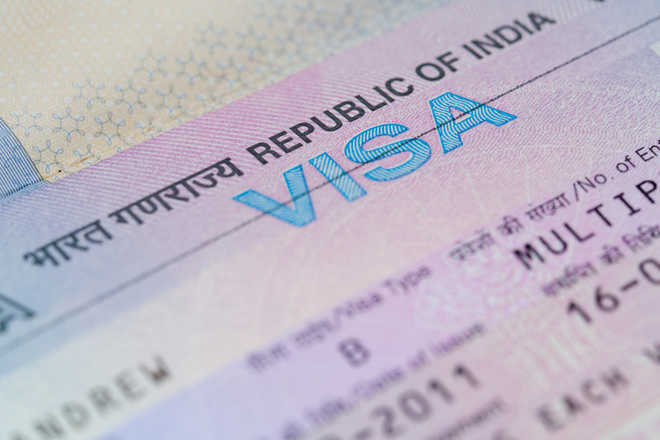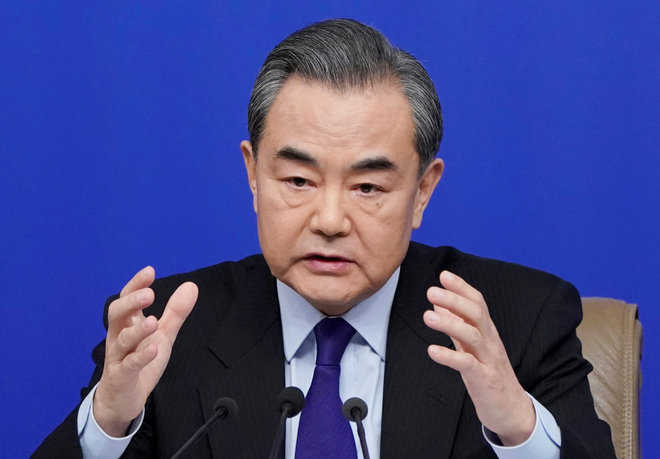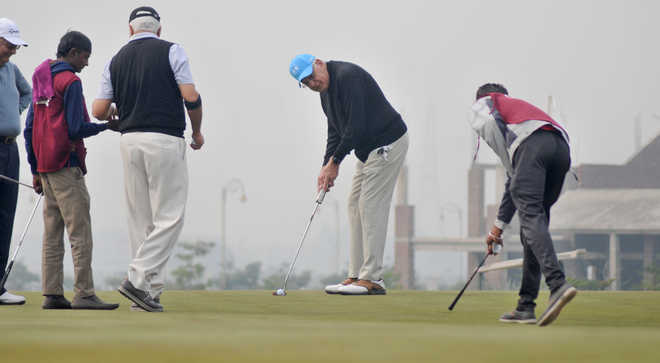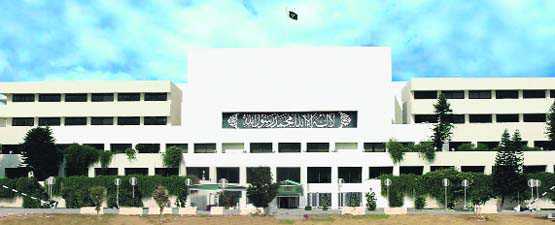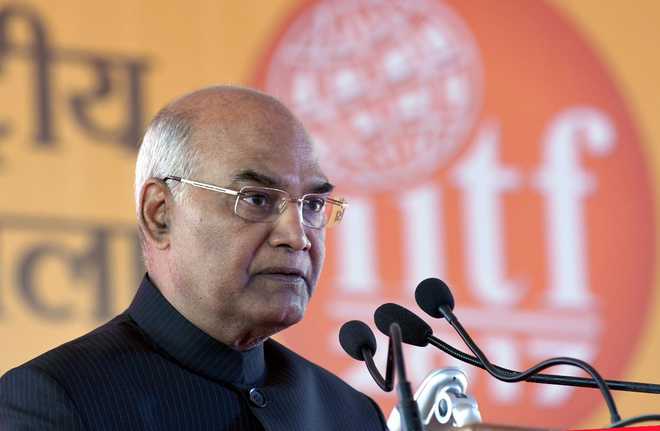New Delhi, March 13
The Army has said it was reeling under severe fund crunch and struggling to even make emergency procurements when it was dealing with an assertive China along the northern border after the Doklam face-off and increasing hostilities from Pakistan on the western frontier.The Army told a parliamentary panel that the insufficient allocation to it in the defence budget was going to hit the Army’s modernisation at a time when Chinese military was competing to reach the level of the US and Pakistan bolstering capability of its forces.Vice Chief of Army Lt Gen Sarath Chand said 68 per cent of the Army’s equipment is in the ‘vintage category’, adding fund crunch will also impact the serviceability of the existing equipment and may even affect payment of instalments for past purchases.The Army’s frustrations over inadequate allocations of funds in the defence budget for next fiscal figured in a report of the Standing Committee on Defence, which was tabled in Lok Sabha today.Talking about the new procurement policy, delegation of financial powers to Vice Chief of Army and several other initiatives towards modernisation of the armed forces, Lt Gen Chand told the panel that “the Budget of 2018-19 has dashed our hopes and most of what has been achieved has actually received a little setback.” He said, “Allocation of Rs 21,338 crore for modernisation is insufficient even to cater for committed payment of Rs 29,033 crore for 125 on-going schemes, emergency procurements,” he said, adding “committed liabilities of 2017, which will also get passed on to 2018, will further accentuate the situation.” Referring to the regional security scenario, Lt Gen Chand said the possibility of “two front” war is a reality and the country needs to pay attention to modernisation of the Army. He said the Doklam issue was going on and China has become increasingly assertive.The Army also informed the panel that it does not have adequate resources to even undertake the construction of strategic roads near the Sino-India border.The Vice Chief of Army Staff also referred to daring terror attacks on military installations in Uri, Pathankot, Nagrota and Sunjuwan Cantt in Jammu and said the defence forces must get their due. On its part, the Parliamentary Standing Committee, headed by BJP MP BC Khanduri, also came down hard on the government for inadequate allocation of financial resources to the armed forces. — PTI





















































